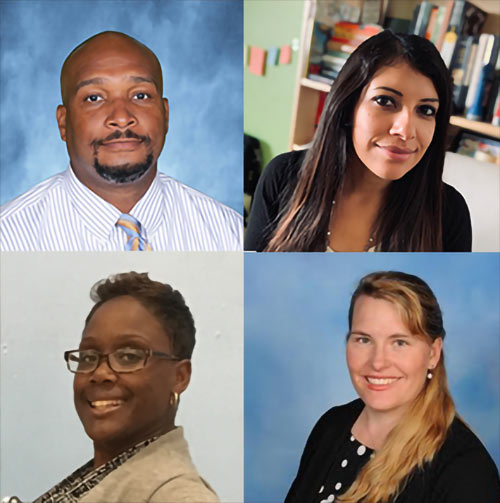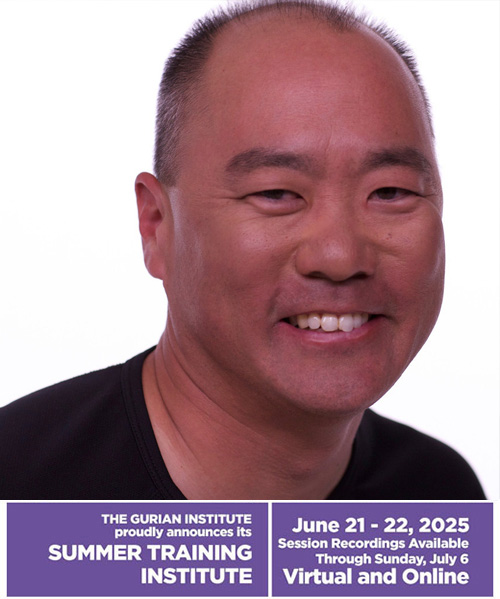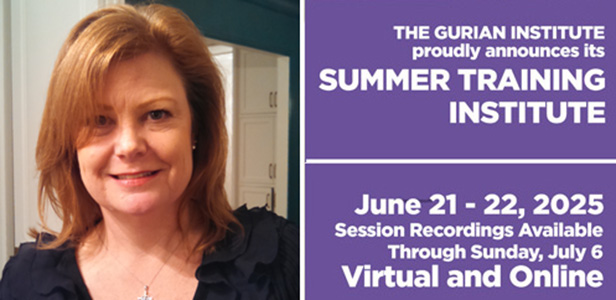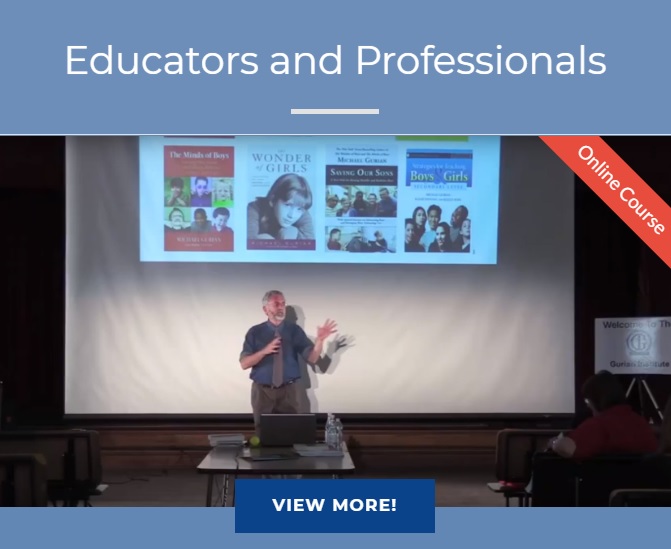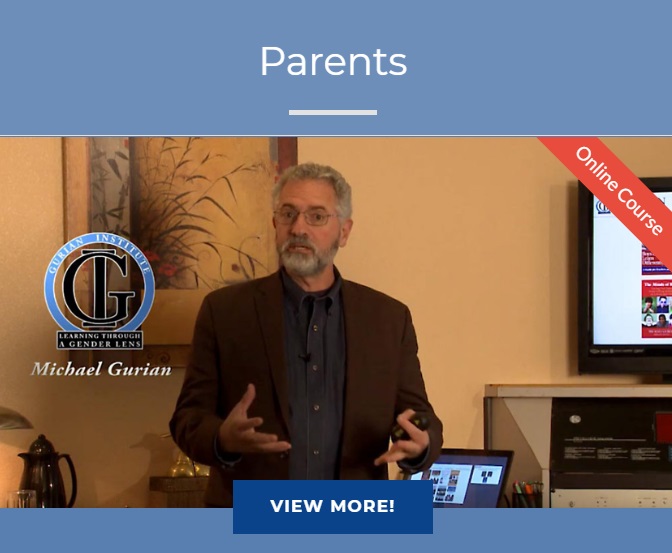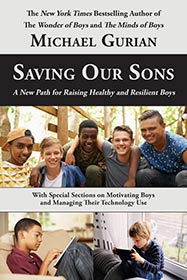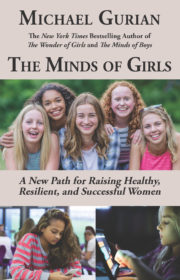At our Summer Training Institute, Dr. Glynetta Deshon Fletcher, Hicxell Rodriguez Wester, Joseph Moody, and Amy Coe, all Gurian Institute Trainers and dynamic teachers and speakers, will focus on key issues connected to diverse challenges in children’s and student’s lives. Our event at Army and Navy Academy, a Gurian Institute Model School, in Carlsbad, CA (June 22-24), includes an extra Monday session for trainer candidates who wish to become certified.
We hope you’ll enjoy today’s information by and about our diverse group of presenters. To learn more or to register for our event, click here: https://gurianinstitute.com/events/gurian-summer-institute-2019/. Please reach out to us at info@gurianinstitute.com with any questions.
We hope to see you in Carlsbad!
Dr. Glynetta Deshon Fletcher, Principal, Hamilton High School, Los Angeles Unified School District, Keynote and Featured Workshop
Keynote: Trauma and Learning: Gender-Specific, Trauma-Informed Strategies for Helping Children Learn and Grow; Featured Workshop: Working Effectively with Children of Color in the Classroom and in Their World.
Dr. Fletcher has 18 years of experience in education, from the middle school to university level. Working in some of the nation’s most challenging environments, she has focused on the needs of children of color and a number of years ago, she began to focus on trauma-informed classrooms (Adverse Childhood Experiences, ACE’s), as well. This focus grew from the fact that she saw so many students on a daily basis who were dealing with trauma.
In her keynote, Dr. Fletcher will help teachers and others, including parents, to develop trauma sensitive classrooms and environments across the socioeconomic and school spectrum. Dr. Fletcher will discuss the impact trauma has on teachers, students, and parents, and how traumatic situations keep the brain in fight/flight mode, causing children to struggle. Participants will learn practical strategies for building strong relationships and attachments with traumatized children.
In her Featured Workshop, Dr. Fletcher will focus specifically on the learning and life-needs of children of color. Issues of culture and conflict will be explored, including ways that boys of color escalate anger, and are not understood. Dr. Fletcher will feature success strategies for helping these young men de-escalate after being involved in a conflict, and identify triggers that make things worse.
Dr. Fletcher writes, “The keynote and workshop will motivate, inspire, and help support your work. I will be emphasizing work with boys, because so many of us have questions in that area. Don’t expect just to sit and get–the keynote and workshop are interactive. During both sessions, you will read, write, listen and speak about boys, your experience and next steps. You can expect to leave each session with multiple strategies you can take back to the classroom, to your staff at professional development, and your home and community.”
Hicxell Rodriguez Wester, Young Oak Kim Academy, Los Angeles Unified School District, Workshop
The Power of Diversity: Teaching and Mentoring Latino Boys and Girls. “How can culture and identity affect learning and understanding? Does our language affect our thinking? What exactly makes up a person’s culture and how can it be used to make meaning of the world around us?
“For years American educators have been taught that any language other than English is a “Barrier.” Today’s educators are learning that culture is not only essential in communicating and receiving information, but also plays an important role in the thinking process of groups and individuals.
“Educational Researchers have shown that certain forms of what many may consider “bad grammar” in our diverse student population may actually be forms of intentional dialect usage that serve to affirm culture and identity. Additionally, certain grammatical errors* may also be due to a transfer of linguistic patterns from a students’ home language; such as the use of Double Negatives which are perfectly acceptable in the Spanish Language.
“Far from making sure to include ethnically diverse historical figures in the curriculum or decorating the classroom with colorful imagery from every culture in the world, Culturally Responsive Teaching is more about being aware of how the students in your classroom learn best based on their cultural norms and being sure to validate rather than correct these unique attributes.
“In this break out session we will learn about the mismatch between traditional School Cultural Preferences and Ethnocultural Preferences. We will learn about the Rings of Culture (Hollie, 2018) and to what degree these aspects may influence our students’ learning preferences. Finally we will share practical strategies that can be used in the classroom to best reach students of color such as the use of rhythm and music, Layered Texts, and collaborative learning techniques. –Hicxell Rodriguez Wester
Joseph Moody, Dean of Student Life, The Lovett School, Atlanta, Workshop
Why Did You Do That? I…Uh…Don’t Know! Students must deal with discipline, student communities, peer groups, and personal relationships with teachers, while simultaneously coping with the physical and emotional changes they experience during puberty and adolescence. Their lives are in turmoil, and they need our help understanding who they are and what they are doing. In this workshop, Joseph will outline evidence-based strategies that improve the student-teacher-administrative relationship from a brain-based perspective. He will further explore factors that impact behavior, and ways to both set measurable goals for students and help them become leaders in school culture, even through distress. Joseph will also provide strategies you can use to increase your visibility in the twin roles of advocate and disciplinarian.
Amy Coe, Assistant Dean of Academics, Army and Navy Academy, Workshop
The Power of Single Sex Classrooms and Cultures. This workshop is designed for teachers, administrators, counselors, and all those interested in developing a deeper understanding of what works in single sex school cultures, and why. The workshop is divided into three sections: useful brain-based sex differences based on Michael Gurian’s work; practical classroom strategies for teacher and student mentoring of boys and girls; and strategies to nurture the nature of boys and girls in single sex school “emotional” cultures (the hidden worlds of both boys and girls).



